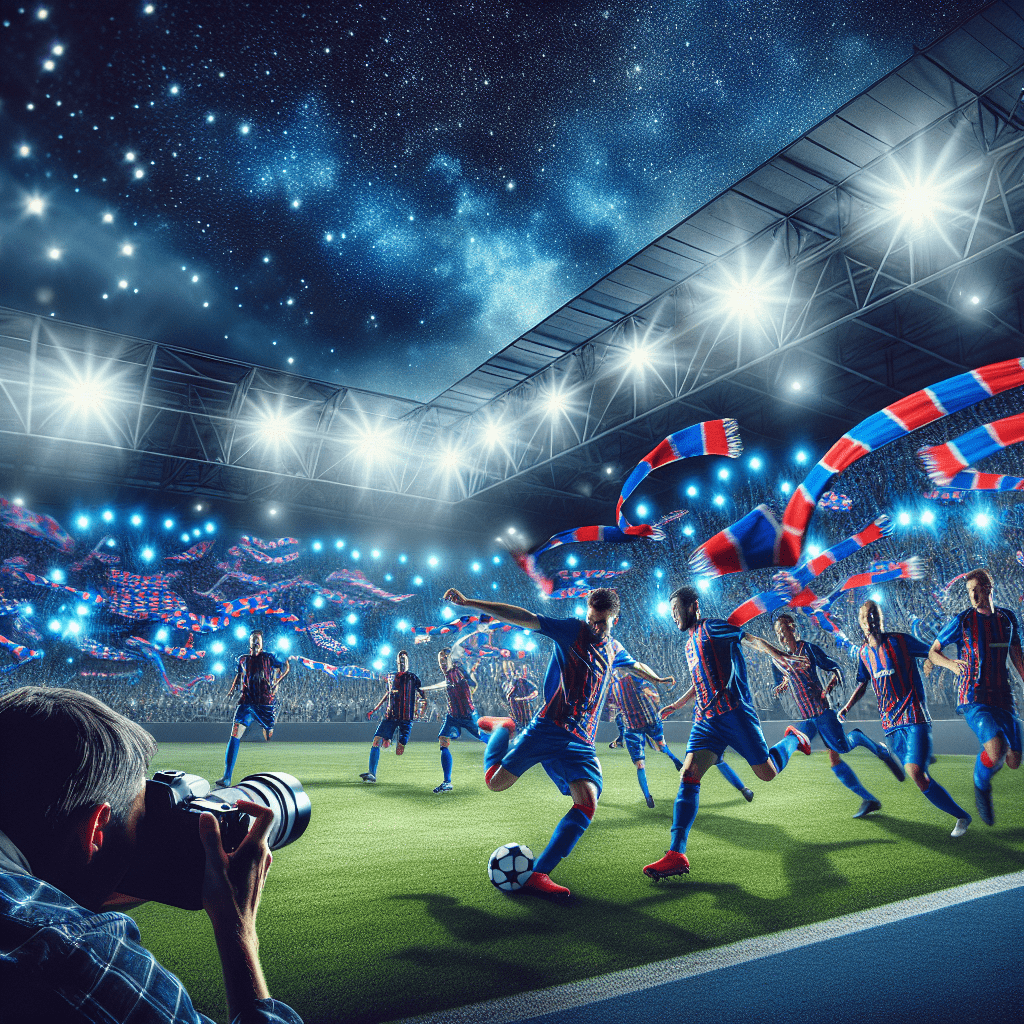The Enduring Legacy of FC Barcelona: A Tribute to a Footballing Giant
FC Barcelona, more commonly referred to as Barça, is one of the most recognizable and celebrated football clubs in the world. Founded in 1899, it has not only etched its name into football history through its on-field successes but has also become an emblem of Catalan culture and identity. This article takes an in-depth look at the journey, triumphs, challenges, and cultural significance of this storied club.
The Birth of a Footballing Powerhouse
Barcelona was founded by Joan Gamper, a Swiss national, and has grown from its humble beginnings to become a cornerstone of European and world football. The club’s 120-plus years of history is rich with achievements, marked by victories both domestically in La Liga and abroad in competitions such as the UEFA Champions League.
La Masia: The Cradle of Footballing Talent
One of the pillars of Barcelona’s success has been its youth academy, La Masia. Known for producing world-class talent, it focuses on nurturing young prospects who could eventually don the iconic blue and red stripes. The philosophy of La Masia extends beyond merely creating good players – it aims to instill a style of play that has become synonymous with Barcelona known as tiki-taka, a passing-oriented, highly technical and possession-based approach.
The Catalan Identity: More Than a Club
“Mes que un club” or “More than a club” is not just a motto for Barcelona; it reflects deep socio-political connotations. For many Catalans, Barça serves as a symbol of Catalan pride and culture. Throughout its existence – especially during Franco’s dictatorship – it has been perceived as a bastion for the struggle for Catalan identity and autonomy.
The Golden Era and Club Icons
The turn of the century marked the beginning of what many consider Barcelona’s golden era, especially under the management of Pep Guardiola between 2008 and 2012. With players like Lionel Messi, Xavi Hernandez, and Andres Iniesta hailing from La Masia, they won numerous titles and set high standards for footballing excellence. Legends such as Johann Cruyff have also been crucial figures both on and off the pitch in shaping the philosophy and identity of the team.
Financial Struggles and Renewal
Despite the massive success on the field, Barça has not been immune to financial fluctuations and controversies – highlighted by its soaring debt reported in recent years. This financial mismanagement prompted a restructuring of operations, aiming to balance books while maintaining competitive edge. Alongside economic challenges, the need to renew an aging squad while adhering to Barcelona’s playing philosophy poses as a significant project for current management.
Global Brand and Fan Community
FC Barcelona is more than just a local favorite; it is a global phenomenon with one of the largest fan bases in the world. Through strategic marketing, partnerships, merchandise, and social media presence, they have expanded their brand across borders, establishing fan communities across many continents.
Stadiums and Facilities
The Camp Nou stadium is one of the most iconic football temples on Earth. With a seating capacity of nearly 100,000 it is one of Europe’s largest stadiums – serving not only as home to FC Barcelona but also hosting major international fixtures.
Notes
Image Description
A vibrant image capturing FC Barcelona’s team Mid-Attack during game night at Camp Nou; the stands are a sea of passionate fans decked in blue and red scarves waving fervently; camera flashes sprinkle across the stands resembling a starlit sky while on-pitch players are intensely focused displaying skillful control over the ball.

